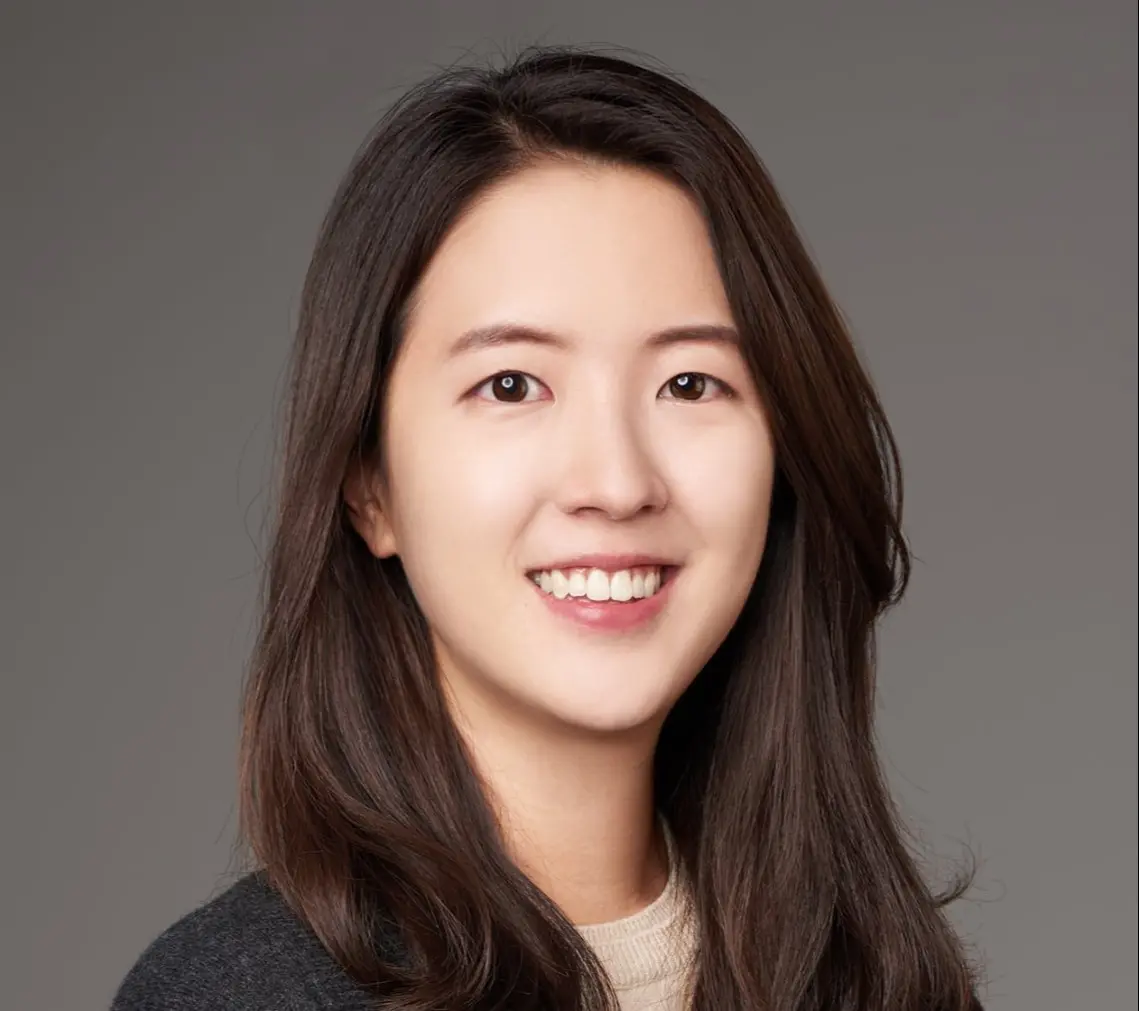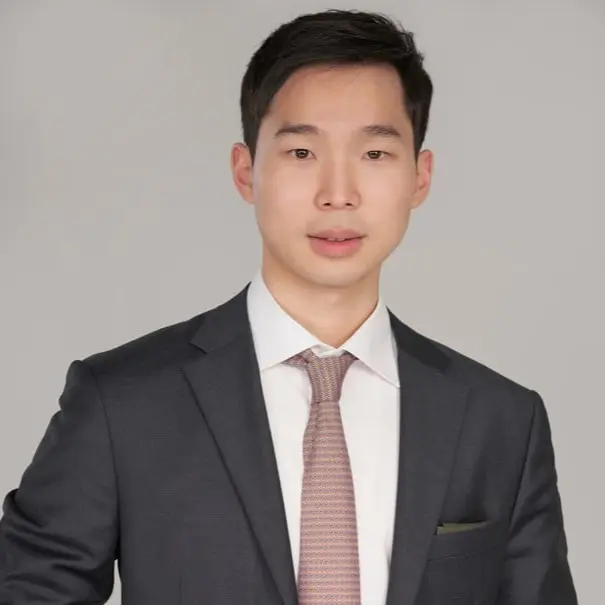My current research interests include individual and organizational learning, organization design, physical workspace design, and the microfoundations of strategy. As an academic researcher and business school professor, I am committed to producing high-quality research that offers valuable insights for managers. The master’s program at Seoul National University was the entry point to my academic career, and I remain grateful for the training and mentorship I received during that time, as they played a pivotal role in shaping my subsequent academic trajectory.
The master’s program at SNU was especially essential to my development in the following two aspects.
First, it allowed me to gain a solid understanding of academic research and helped me evaluate my fit with the profession. Notably, the program was structured similarly to a doctoral program, with a strong emphasis on research. The courses were designed to introduce foundational theories in management while developing the skills needed to conduct independent research. This included reading, discussing, and critically evaluating articles published in top management journals, as well as acquiring advanced methodological tools to statistically test new ideas. When I entered the program, my goal was to become a professor, but this ambition was primarily based on the assumption that teaching was a professor’s main responsibility. However, the program quickly revealed that research lies at the core of the academic profession. Immersing myself in this scholarly environment for two years gave me a clear understanding of the profession’s expectations and numerous opportunities to assess my fit with this path.
Second, the program provided ample hands-on training that was essential for my growth as a researcher. Through close collaboration and mentorship from faculty, I had the opportunity to engage in various stages of the research process—from formulating research questions to designing studies, collecting data, and analyzing results. These experiences helped me build the competencies needed to eventually conduct my own independent research. Additionally, presenting my ideas in seminars and receiving constructive feedback from faculty and peers sharpened my thinking and improved the quality of my work. Importantly, the program not only strengthened my technical research skills but also reinforced my persistence and intellectual curiosity through its strong academic culture. Admittedly, I initially questioned my fit for a research-oriented academic career. However, the program’s rigorous training and supportive mentorship at SNU provided me with both the skills and confidence to successfully pursue this path.
I highly recommend this program to those who are interested in an academic career for the following reasons.
First, the faculty is top-notch. All members of the department have earned their doctorates from leading research institutions and have a proven track record of publishing in the most prestigious management journals. Many also serve as editors or review board members for these top journals, placing them at the cutting edge of the field. This also means they are well-equipped to advise students in producing high-quality research and guide them toward becoming successful academics.
Second, the program is widely recognized by leading doctoral programs worldwide for producing highly competent and well-prepared Ph.D. applicants. Although a master’s degree is not required for admission to Ph.D. programs in the U.S. or other countries, it certainly provides a significant advantage. In particular, because the SNU master’s program is academically rigorous and solely focused on research, its graduates are naturally well-versed in the relevant literature and possess valuable research experience, placing them in a very strong position during the admission process. It is no surprise that graduates of this program are regularly interviewed by, and often admitted to, the world’s top business schools each year.
Last but not least, by joining this program, you will meet some of the brightest like-minded peers, learn from them, be inspired by them, and build lasting relationships that will support you throughout your career. Many of my close peers from the SNU master’s program—more than 10 years later—have become tenure-track faculty at some of the world’s top business schools, including Wharton, Cornell, Kellogg, and USC, to name just a few. I continue to interact with and learn from these peers today.
If you are considering an academic career, I strongly encourage you to explore this program. I trust that your experience will be as invaluable as mine was.



